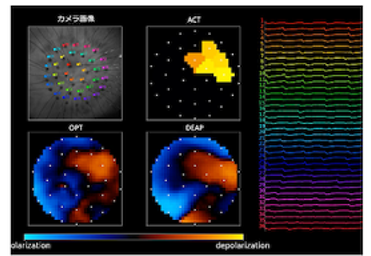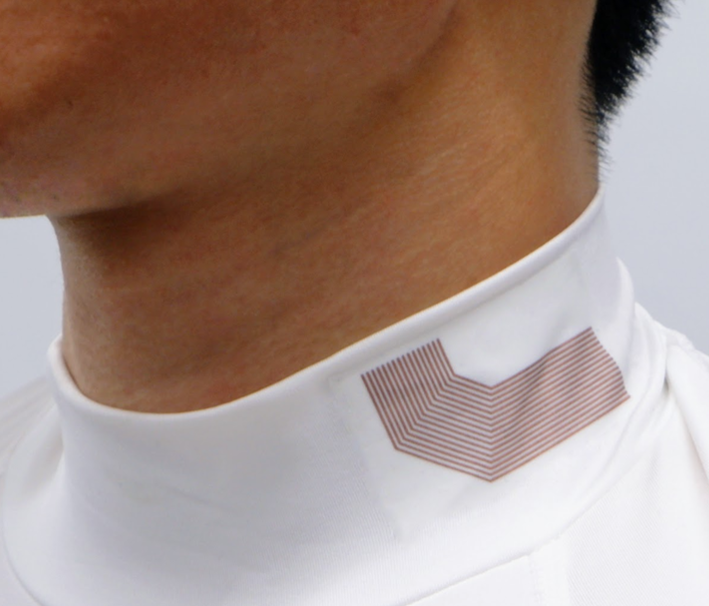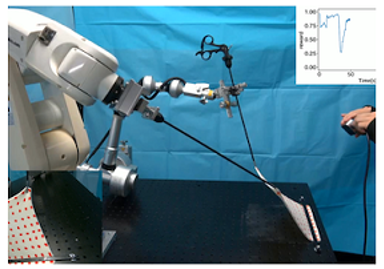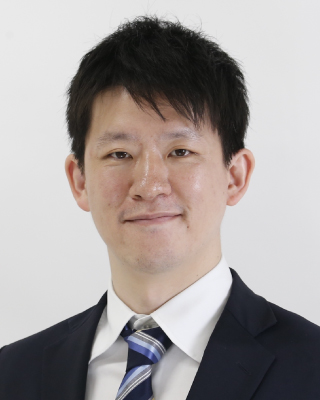- HOME
- Research
- Research Category
- Informational Biomedical EngineeringTomii Laboratory
Informational Biomedical Engineering
Tomii Laboratory
Fusion of Biomedical Measurements and Information Engineering to Realize Medical Technology that is Close to People
Technology for Diagnosis and Treatment of Cardiac Diseases through ECG Analysis
Electrocardiography is becoming increasingly important in the diagnosis and treatment of heart disease, which continues to increase with the aging of the population. We are researching advanced ECG analysis technology that combines numerical simulation of the heart and AI technology to reproduce expert reading and interpretation of complex ECGs. We aim to realize precision treatment of cardiac diseases while reducing the burden on the medical field.
Patient- and Medical Professional-friendly Flexible Ultrasound Imaging
Ultrasound imaging, which allows non-invasive and simple tomographic imaging of living bodies, is an indispensable measurement technology in modern medicine. On the other hand, reading ultrasound images and operating the probe appropriately accordingly requires skill, and there is a concern about a shortage of human resources. We are engaged in research to realize flexible ultrasound imaging technology that can be easily used by anyone by combining wearable device manufacturing technology and ultrasound signal pattern recognition technology.
Surgical Assist Robot for Proper Manipulation of Flexible Tissue
In minimally invasive surgery to reduce patient burden, surgical robots that enable precise manipulation of surgical instruments are attracting attention. We are researching automated technologies to understand the state of flexible deformable tissues and perform appropriate manipulation of the tissues to realize safer and more effective surgical procedures using surgical robots.

1. ECG-based Excitation Visualization AI

2. Flexible ultrasound probe

3. Automated operating robot for flexible tissue
When conducting research, you sometimes hit a wall of originality. Some students feel a sort of obsession with proposing original ideas, but such hastily conceived ideas generally don’t work out well, and they can get discouraged in the process. On the other hand, I think I might have a rather persistent personality. Research inherently starts with things not going well, and by thinking more persistently than anyone else and deeply understanding the structure of the problem, I believe that highly original solutions naturally become apparent. Reaching results that don’t work out is actually a good thing. If you can approach your work with the mindset of tackling a difficult puzzle rather than focusing on proposing ideas, you might find research more enjoyable.
Member

-
- Associate Professor
Naoki TOMII
Research Area: Biomedical Engineering - Associate Professor
Tags

